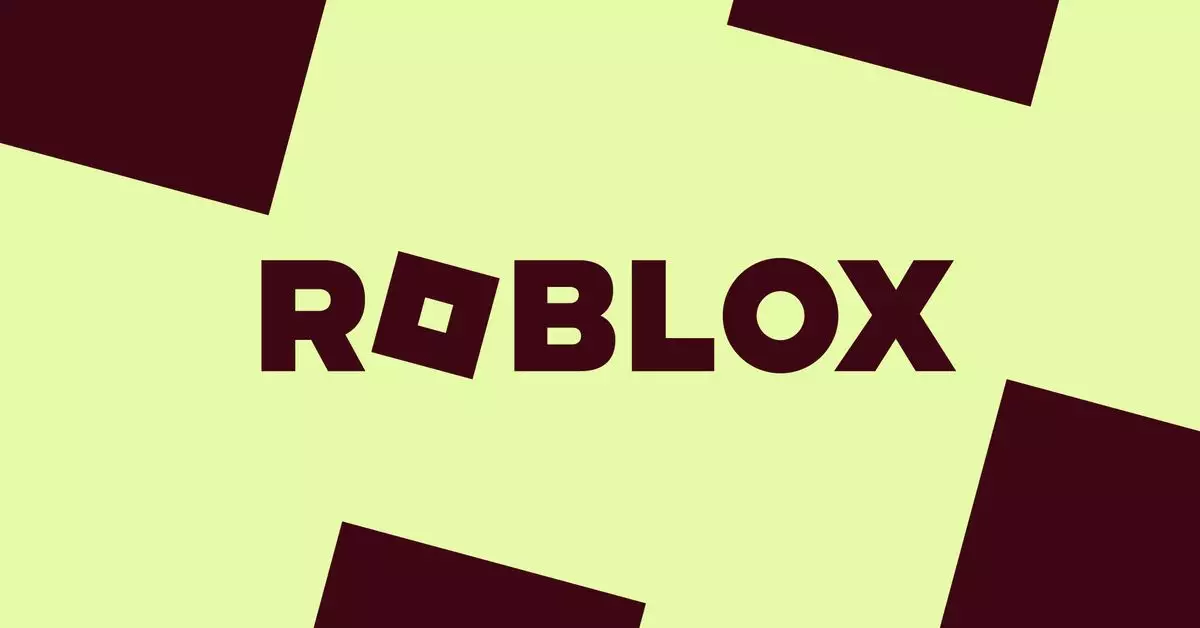Roblox, the popular online platform for gaming, is evolving to address significant safety concerns stemming from its vibrant yet sometimes perilous environment for younger users. As part of its commitment to child safety, Roblox is introducing a series of updated restrictions, particularly focusing on its communication features for users under the age of 13. These changes aim to create a more secure online experience as alarming reports highlight the potential dangers children face while using the platform.
One of the cornerstone features of Roblox’s new safety measures is the restriction on direct messaging (DM) for players under 13. Starting soon, these young users will be unable to send direct messages to individuals outside of game environments. Furthermore, to maintain stricter guidelines, even in-game messaging will now require parental consent. Although the complete implementation of this regulation is slated for early 2025, the preliminary announcement signals a proactive approach in response to rising concerns about online predators exploiting these communication tools.
Recent media coverage has illuminated many instances where Roblox has struggled to provide adequate protection for its young audience. A notable report from Bloomberg revealed distressing cases of child exploitation facilitated through the platform’s chat features, underscoring the precarious situation for vulnerable players. Moreover, an investigation by Hindenburg Research described Roblox in stark terms, referring to it as a “pedophile hellscape,” which further emphasizes the urgency for enhanced safety protocols.
Beyond communication restrictions, Roblox is rolling out revolutionary parental controls that allow caregivers to manage their children’s gaming experiences remotely. This new feature removes the previous requirement for parents to have physical access to their child’s account, thus empowering them to enforce screen time limits more effectively.
Accompanying these controls are content labeling practices designed to better inform users about the nature of various gaming experiences. Rather than assigning blanket age ratings, Roblox will implement descriptive labels such as “moderate” or “minimal” to detail the potential content in each game. This nuanced approach equips parents with the information they need to help determine what is appropriate for their children.
Roblox is certainly taking strides in making the platform safer for its young users, but the effectiveness of these new measures remains to be seen. As they navigate the challenges of creating a secure environment within a largely free-form space, ongoing public scrutiny and adaptive improvements will be crucial. With an awareness of the risks and the implementation of these proactive measures, Roblox has the opportunity to lead the way in balancing creative gaming experiences with essential safety standards. A significant transformation is underway, and as Roblox continues to evolve, the focus on nurturing a safe online community for children is paramount.

